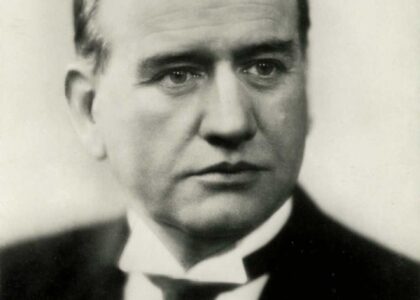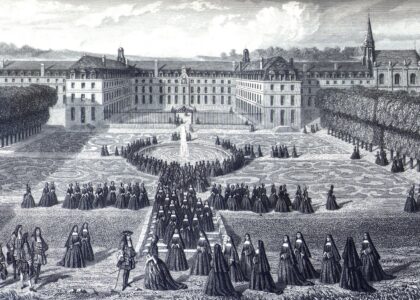Welcome to the Alexander Lillington Historical Marker in Lillington, North Carolina. This marker commemorates a significant figure in American history, Colonel Alexander Lillington, a Revolutionary War leader known for his pivotal role in the Battle of Moore’s Creek Bridge in 1776.
Alexander Lillington was a prominent Whig colonel who played a crucial role in North Carolina’s fight for independence. The Battle of Moore’s Creek Bridge, often called the ‘Lexington and Concord of the South,’ was a decisive victory for the Patriots and marked a turning point in the Southern campaign during the Revolutionary War. Lillington, alongside Colonel Richard Caswell, led the Patriots to a swift victory against Loyalist forces, significantly boosting the morale of the American colonists and aiding in the dissolution of British rule in North Carolina.
Born in 1725, Lillington hailed from a family with deep roots in the region, and he spent much of his life contributing to the community. His leadership and strategic acumen during the battle earned him a place in the annals of history, and his legacy is preserved not just here at this marker, but also in the broader context of American independence.
Over the years, this site and the stories associated with it have become an integral part of North Carolina’s rich historical tapestry. The area, once part of New Hanover County, saw many significant developments, such as the formation of Pender County in 1875 and the growth of communities like Burgaw, named after the Burgaw Indians who originally inhabited the region.
As you stand before this marker, consider the bravery and determination of figures like Alexander Lillington, whose contributions helped shape the nation’s future. Their stories continue to inspire generations and remind us of the enduring spirit of the fight for freedom.




